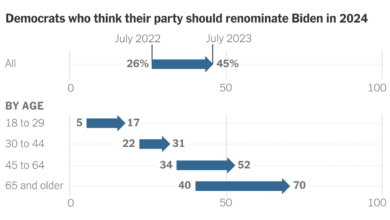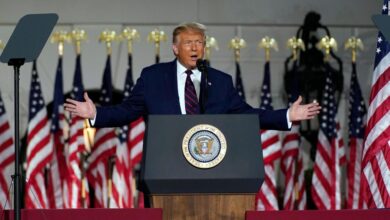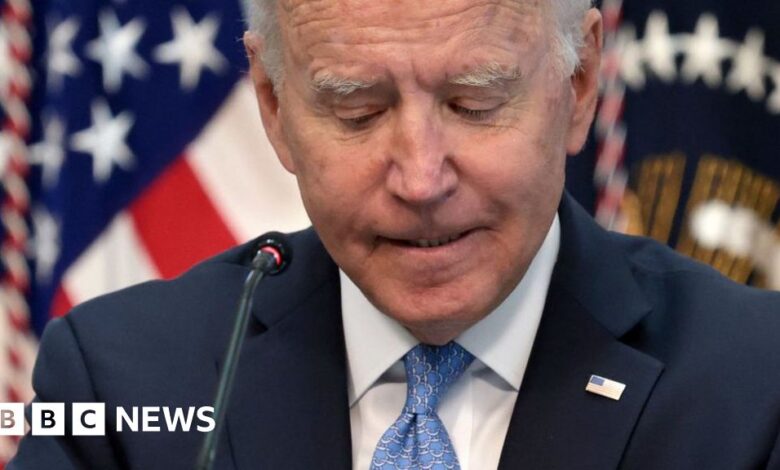
Joe Biden Is Fooling Only Himself
Joe Biden is fooling only himself – that’s the unsettling conclusion I’ve reached after examining his domestic and foreign policies, public image, and leadership style. This isn’t about blind partisan attacks; it’s about a deep dive into the disconnect between Biden’s pronouncements and the observable realities on the ground. We’ll explore the evidence, from struggling economic indicators to a foreign policy seemingly adrift, to paint a picture that raises serious questions about the President’s grasp on the current situation.
From the soaring promises of the campaign trail to the often-disappointing outcomes of his administration, we’ll analyze key policy decisions, dissect public statements, and examine the resulting impact on the American people. Are these failings due to unforeseen circumstances, strategic miscalculations, or something more fundamental? Let’s delve into the data and the debates to find out.
Biden’s Domestic Policies: Joe Biden Is Fooling Only Himself
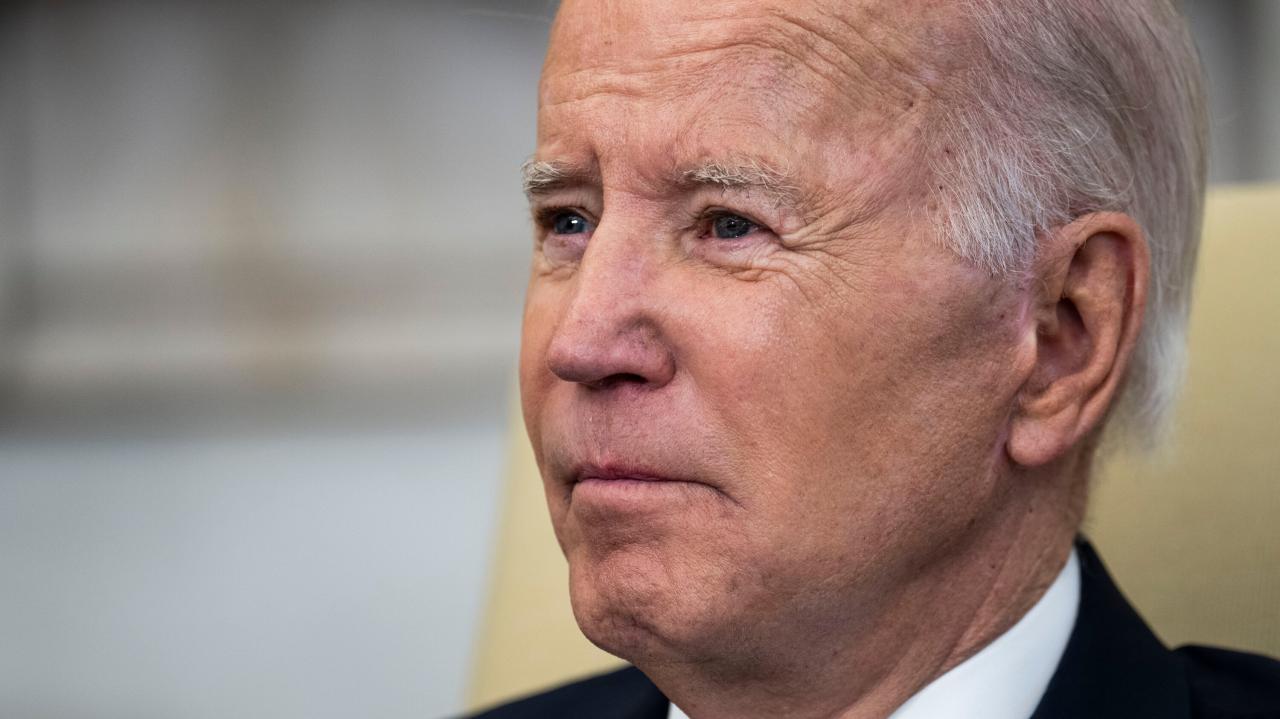
President Biden’s domestic agenda, while ambitious in its goals, has faced significant challenges in achieving its intended outcomes. Whether this is due to self-deception on the part of the administration, strategic miscalculations, or a combination of factors, remains a subject of ongoing debate. Analyzing specific policy areas reveals complexities and inconsistencies that warrant closer examination.
Inflation and Economic Growth
The Biden administration inherited an economy recovering from the COVID-19 pandemic and grappling with rising inflation. While the administration touted the American Rescue Plan as a stimulus to boost economic growth and job creation, critics argued that its significant spending contributed to inflationary pressures. The resulting surge in inflation, exceeding initial projections, impacted household budgets and eroded purchasing power.
This stands in contrast to the administration’s initial assurances that the plan would be fiscally responsible and avoid significant inflationary consequences. For example, the administration initially downplayed concerns about inflation, attributing price increases to temporary supply chain disruptions, a narrative that many economists contested.
The American Rescue Plan’s Impact
The American Rescue Plan, a $1.9 trillion stimulus package, aimed to provide COVID-19 relief, support state and local governments, and boost the economy. While it did lead to job growth and some economic recovery, the substantial increase in government spending is widely considered by many economists to have exacerbated existing inflationary pressures. The administration’s claim that the plan would be targeted and avoid wasteful spending has been challenged by analyses suggesting a significant portion of the funds were not effectively used to address the stated goals.
This discrepancy between the stated aims and actual outcomes fuels criticism of the policy’s effectiveness.
| Policy | Intended Outcome | Actual Outcome | Discrepancy Analysis |
|---|---|---|---|
| American Rescue Plan | Economic stimulus, job creation, COVID-19 relief, without significant inflation | Significant economic growth, job creation, but also high inflation; uneven distribution of relief funds. | While job growth occurred, inflation significantly outweighed the benefits for many, highlighting a miscalculation of the inflationary impact of massive government spending. |
| Infrastructure Investment and Jobs Act | Improved infrastructure, job creation, economic growth through long-term investment. | Early stages of implementation; long-term effects yet to be fully observed; challenges in project implementation and workforce shortages. | The long-term impact remains to be seen, but initial implementation challenges suggest potential delays and cost overruns, impacting the speed of the intended economic benefits. |
| Build Back Better Act (failed to pass) | Expansion of social safety net, climate change mitigation, universal pre-kindergarten, reduced healthcare costs. | Failed to pass Congress; individual components may be addressed through other legislative efforts. | The failure to pass this comprehensive bill reflects a significant political and legislative challenge, highlighting the difficulty in achieving ambitious social and economic goals through a single large piece of legislation. |
Biden’s Foreign Policy
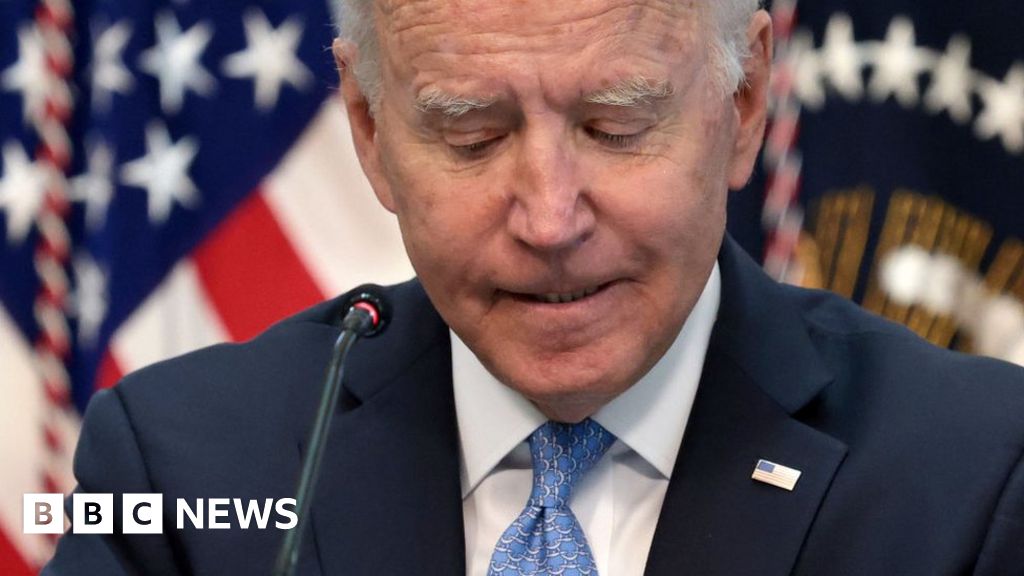
President Biden inherited a complex and challenging global landscape, marked by rising great power competition, persistent regional conflicts, and the lingering effects of the COVID-19 pandemic. His administration’s foreign policy approach, while aiming for a return to multilateralism and diplomacy, has faced significant criticism and raised questions about its effectiveness in navigating these intricate geopolitical realities. This analysis will examine specific areas where the Biden administration’s foreign policy has drawn considerable scrutiny.The Biden administration’s approach to foreign policy contrasts sharply with that of its predecessor.
While the Trump administration prioritized bilateral deals and an “America First” approach, often disrupting long-standing alliances, Biden has emphasized restoring partnerships and engaging in international cooperation. However, this shift hasn’t been without its challenges. The perceived slow response to certain crises and the inconsistencies in applying the administration’s stated principles have led to questions about its overall effectiveness and strategic coherence.
A key difference lies in the emphasis on human rights and democratic values, a focus that while laudable, has sometimes complicated relations with strategically important nations.
Withdrawal from Afghanistan
The chaotic withdrawal of US troops from Afghanistan in August 2021 stands as a significant foreign policy setback for the Biden administration. The rapid collapse of the Afghan government and the subsequent Taliban takeover led to a humanitarian crisis, a surge in violence, and the abandonment of many Afghan allies who had assisted US forces. The administration’s handling of the withdrawal, characterized by a lack of clear planning and coordination, fueled criticism both domestically and internationally.
The image of desperate Afghans clinging to departing US aircraft became a potent symbol of the administration’s perceived failures. This event highlighted the limitations of relying solely on diplomatic solutions without a robust understanding of the on-the-ground realities and the potential for unforeseen consequences.
Strained Relations with Russia
Biden’s approach to Russia has been marked by a combination of sanctions and diplomacy. While the administration has imposed sanctions in response to Russia’s aggression in Ukraine and other actions deemed destabilizing, it has also sought to maintain channels of communication to prevent escalation. However, the invasion of Ukraine in February 2022 exposed limitations in the administration’s strategy to deter Russian aggression.
Despite warnings and diplomatic efforts, the invasion proceeded, underscoring the challenges of effectively managing relations with a revisionist power. The conflict has also strained relations with other nations hesitant to fully support the sanctions regime. The resulting energy crisis in Europe further complicated the situation, highlighting the interconnectedness of global issues and the potential for unintended consequences.
Tensions with China
The Biden administration has adopted a competitive yet pragmatic approach towards China, aiming to balance cooperation on issues like climate change with competition on areas like technology and human rights. However, this strategy has faced criticism for being too conciliatory in some areas and overly confrontational in others. The administration’s handling of Taiwan, for example, has been scrutinized, with some arguing that its ambiguity towards the island’s defense has emboldened China.
The growing tensions in the South China Sea and the ongoing trade disputes also point to the complexities of managing the relationship with a rising global power.
The Iran Nuclear Deal, Joe biden is fooling only himself
The Biden administration has attempted to revive the 2015 Iran nuclear deal, officially known as the Joint Comprehensive Plan of Action (JCPOA), believing that a diplomatic solution is the best way to prevent Iran from acquiring nuclear weapons. However, negotiations have been protracted and fraught with challenges, with Iran demanding concessions that the US and its allies are reluctant to make.
The lack of a revived agreement leaves the future of the Iranian nuclear program uncertain and raises concerns about regional stability. This demonstrates the difficulties of reviving international agreements and the challenges of dealing with states that prioritize national interests above international norms.
- Afghanistan Withdrawal: The chaotic execution and resulting humanitarian crisis significantly damaged US credibility.
- Russia’s Invasion of Ukraine: Despite warnings, the invasion demonstrated limitations in deterring Russian aggression.
- Strained Relations with China: Balancing cooperation and competition has proven difficult, with tensions remaining high.
- Failure to Revive the Iran Nuclear Deal: Protracted negotiations and unmet demands have left the future of the Iranian nuclear program uncertain.
Ultimately, the question of whether Joe Biden is truly fooling only himself is a complex one, demanding careful consideration of numerous factors. While supporters point to external pressures and unforeseen challenges, the consistent gap between stated goals and tangible results raises serious concerns. The evidence presented here suggests a troubling disconnect between the President’s perception of reality and the lived experiences of many Americans.
Whether this disconnect stems from self-deception, poor judgment, or other factors remains open to debate, but its consequences are undeniably significant.
Honestly, Joe Biden’s rosy outlook on the global stage feels a bit delusional. He seems to be ignoring some serious realities, like the implications of the Chinese Communist Party’s recent moves; to understand their strategy, you really need to check out this article on what is the chinese communist partys third plenum. Ignoring such significant developments only reinforces my belief that, when it comes to international affairs, Joe Biden is fooling only himself.
Seriously, Joe Biden is fooling only himself if he thinks ignoring the blatant authoritarianism in the world will make it go away. The latest example? Check out this article about Nicolas Maduro’s ridiculously implausible victory in Venezuela’s election: nicolas maduro claims implausible victory in venezuelas election. It’s just another piece of evidence showing how naive Biden’s approach truly is; he’s playing ostrich while dictators consolidate power.
He’s fooling only himself.
Seriously, Joe Biden is fooling only himself if he thinks his foreign policy is winning hearts and minds. Take, for instance, the recent news that Britain has agreed to cede the Chagos Islands to Mauritius ; a move that’s arguably long overdue, but hardly a testament to any grand strategic vision. It highlights how easily even seemingly positive developments can be overshadowed by larger, more concerning issues, proving again that Joe Biden is fooling only himself.

